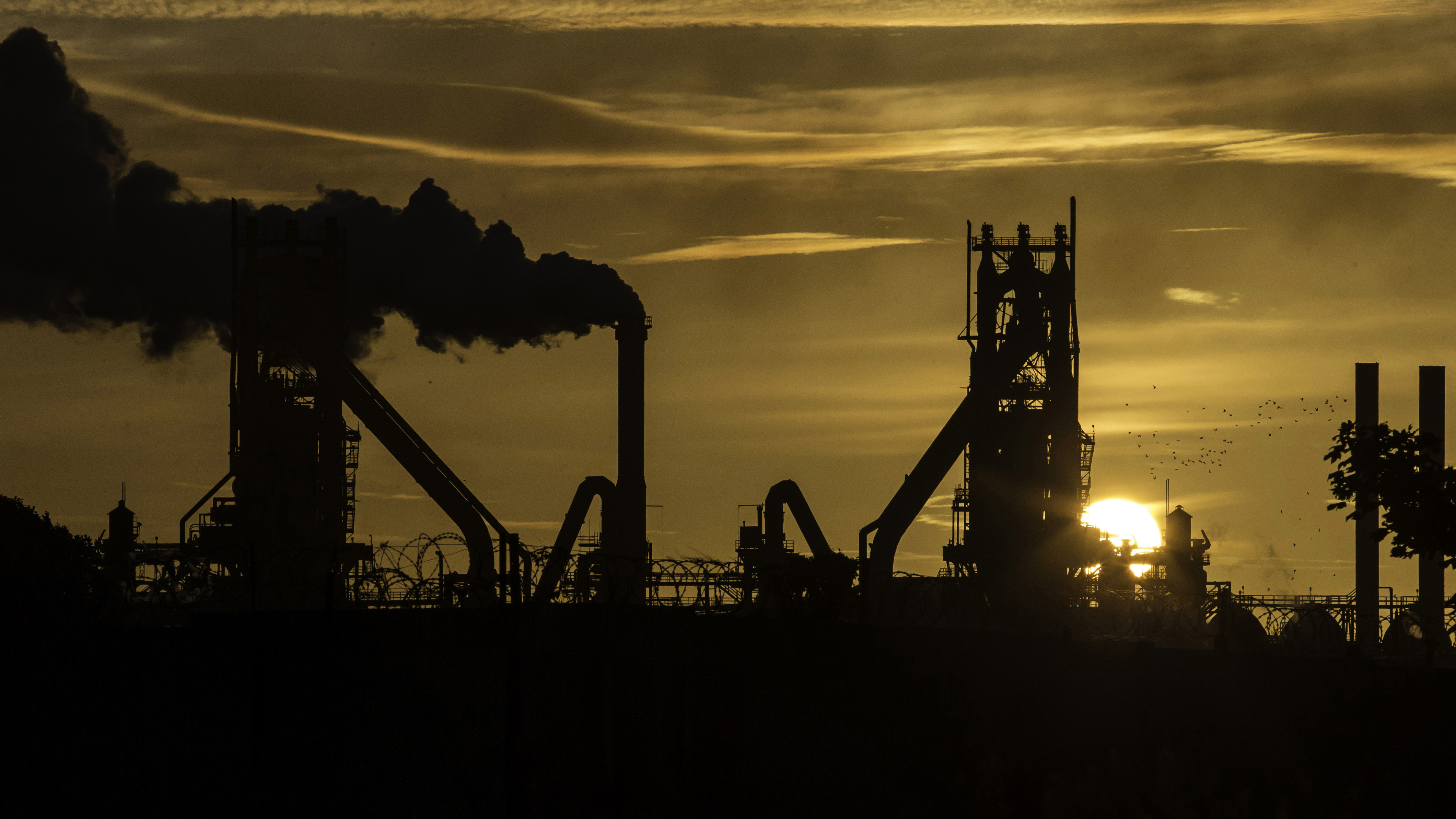02:27

China's Jingye Group bought British Steel out of insolvency on Monday as it revealed plans to invest $1.5 billion in the steelmaker and "preserve thousands of jobs".
Group chairman Li Ganpo said funds would be earmarked for upgrading machinery, improving environmental performance and boosting energy efficiency.
The Hebei-based industrial giant also expressed its intention to identify new markets and products.
British Steel employs 4,000 workers at Scunthorpe and Teesside.
The UK's second-largest steelmaker was put into compulsory liquidation on 22 May, after its former owner Greybull Capital failed to finance operations.
In a statement the Official Receiver, which has been managing British Steel since liquidation, said: "Completion of the contract is conditional on a number of matters, including gaining the necessary regulatory approvals.
The parties are working together to conclude a sale as soon as reasonably practicable.
It added: "The business will continue to trade as normal during the period between exchange and completion."
Ataer Holding, a subsidiary of the Turkish army pension fund Oyak, had earlier walked away from talks to acquire British Steel, claiming that the deal was commercially unviable.
The Jingye Group has a workforce of more than 23,000 and along with iron and steel, owns interests in real estate, hotels and chemicals.

British Steel was put into compulsory liquidation on 22 May. (Credit: AFP)
British Steel was put into compulsory liquidation on 22 May. (Credit: AFP)
Professor Jonathan Deacon from the University of South Wales said Jingye has much to gain given British Steel's expertise in servicing the construction, railways and automobile sector.
British Steel manufactures components for earth moving, forklift, shipbuilding and mining as well. Wire rod for a range of applications such as fasteners, automotive springs and tyre cord.
"Scunthorpe allows Jingye to gain access to what in the steel industry is called Long Products. For instance, girders and particularly rail lines.
"It allows them to increase their market portfolio and own hard-earned expertise in this particular steel manufacturing process."
With demand rising for green transport, Deacon, said it was a smart move on the part of Jingye to acquire British Steel, which has long produced rails for urban and intercity travel.
He added that the buyout bodes well for steel production in the UK, too.
"We will need steel for some time to come. I think the UK manufacturing base has taken its eye somewhat off the ball and this development could set us on a new course to perfect 21st century steel making."
However, while the immediate news is positive, the longer-term prospects for British Steel are still a matter of speculation.
There is a long-established need for investment at the Scunthorpe plant. If Jingye has plans for a growing presence in the rail and girder market, significant refurbishment programs on its blast furnaces will be necessary, and that won't come cheap.
There are universal hopes among workers and union representatives that Jingye's plans for British Steel are long term.
Steel, along with shipbuilding and coal, has always been an iconic industry in the United Kingdom. All three underpinned British manufacturing in the early twentieth century but have all been in decline since the 1980's.
There is an irony in this latest rescue bid that one of the major contributing factors to British Steel's decline in fortunes has been cheaper competition from the Chinese steel industry.